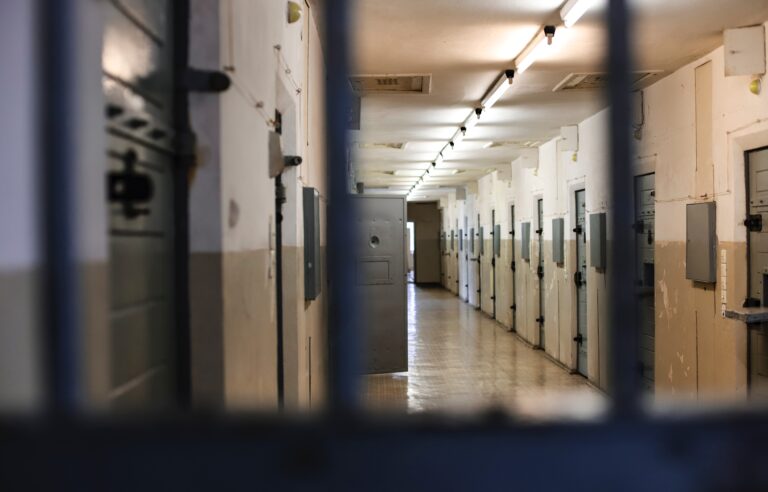30th November 2023 18:36
Victorian Legislative Council, Melbourne
David ETTERSHANK (Western Metropolitan) (18:36): (649)
My adjournment matter is for the Minister for Health in relation to breast screening services for women living in the outer western suburbs of Melbourne. In 2021, 4954 Victorians were diagnosed with breast cancer. It is the second most common cause of cancer-related deaths in Victorian women after lung cancer. We know that screening and early cancer detection increase the chances of successful treatment and save lives.
A recent report revealed that areas across Australia with a high multicultural composition tend to have lower rates of cancer screening, putting many culturally and linguistically diverse communities at risk. This is true in my own electorate, which has a highly diverse population and records significantly lower screening rates than other parts of the state. Several factors prevent women from culturally and linguistically diverse communities in the west from accessing screening services, including lack of awareness, limited transport options, language barriers and a lack of cultural safety for migrant women.
So while BreastScreen Victoria has locations in the west which offer a wonderful service, providing free mammograms and follow-up tests, women from culturally and linguistically diverse backgrounds are all too often not accessing these services.
They are, however, much more likely to visit their local community health centre, where the GPs and nurses are known and trusted by the community, translation services are available and a sense of cultural safety is afforded to women from CALD communities. They are best placed to encourage women to get themselves screened.
If women are unable to travel to screening locations, why can’t the screening come to them? We know that BreastScreen Victoria has mobile bus services which operate in regional Victoria. With additional funding, they could bring their mobile screening bus to the women of Melbourne’s west.
So the action I seek is that the Minister for Health ensure additional funding is provided in the next state budget for the expansion of BreastScreen Victoria mobile services into Western Metro Region.
Written Answer
Received: 29 January 2024
Hon. Mary-Anne Thomas MP
(Minister for Health, Minister for Health Infrastructure, Minister for Ambulance Services)
The Victorian Government is committed to ensuring access to breast screening for all eligible people in Victoria. That is why in 2022/23, the Victorian Government invested $20 million over 4 years and $6.8 million ongoing to increase the number of screens delivered as part of the BreastScreen Australia (BSV) program in Victoria.
Fixed site clinics currently operating in the Western Metropolitan Region are located in Footscray, Sunbury, Sunshine, Essendon, Hoppers Lane, Melton, Werribee and Coolaroo. All of these sites have appointments available within one to five weeks from when a booking is made, providing timely access to breast screening in the region.
Additionally, as noted, BSV has two mobile screening buses that allow breast screening to be offered around the state in areas that do not currently have fixed sites. These buses provide access to breast screening for people who may otherwise struggle to get to a BSV screening site.
We know that women from culturally and linguistically diverse communities face extra barriers to participation in the breast screen program; as such BSV have implemented a range of initiatives to reengage women from CALD backgrounds such as conducting in-language calls and text messages to lapsed screeners, offering a range of in-language resources and providing group bookings for women from diverse backgrounds which can be booked through the BSV website https://www.breastscreen.org.au/community-support/culturally-and-linguistically-diverse-people/. These group bookings offer transport so that clients are able to get to a clinic for the group booking and are available across the state including in the Western Metro Region.
BSV is reviewing its statewide participation data and will consider a range of strategies to address under participation in identified areas/groups. This includes the prioritisation of the existing mobile screening service to areas of greatest need and linking with health services in the area to promote breast screening through their networks.
[ENDS]





